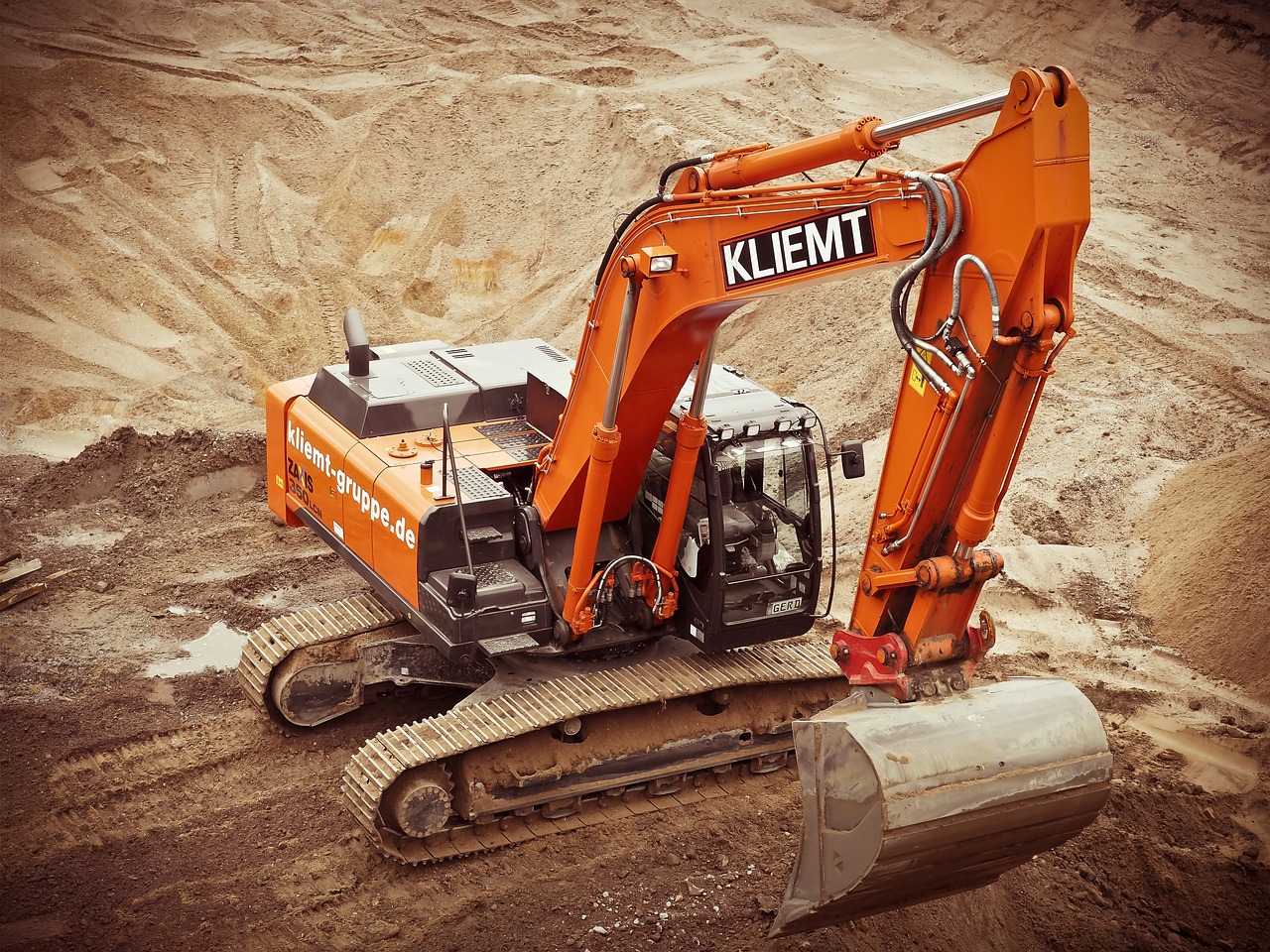According to the BNC Network, Gulf Cooperation Council (GCC) countries awarded more than $143 billion in projects in 2019, marking a 4 percent increase from the year prior. This is despite member-state United Arab Emirates (UAE) registering a 17 percent decline in the value of projects awarded. This past February, before the COVID-19 pandemic, the BNC Network projected a significant year-over-year increase of 13 percent in the value of projects awarded among GCC countries.
While many GCC countries, particularly the UAE, seek to develop infrastructure designed to reduce their dependence on oil, the oil and gas sector will still see the highest level of construction activity in 2020. At the same time, several major ongoing green energy projects, as well as multiple leisure and entertainment projects, are planned throughout the region. Read on for updates on five of these projects.
King Salman Energy Park
One of the most ambitious sustainable energy projects among GCC countries is King Salman Energy Park (SPARK) in Saudi Arabia. The $1.6 billion project, which is being developed by Saudi Aramco, was initiated in 2017 and involves the construction of a 50-square-kilometer energy city between Al-Ahsa and Dammam. The area will encompass necessary utilities and infrastructure in addition to roads and real estate assets. Dr. Mohammed Yahya Al-Qahtani, the project’s chair, announced in July Phase 1 was 60 percent complete. The first phase is expected to be finished by 2021.
“Achieving this feat strongly reflects our commitment to implement this unique project that is designed for the betterment of our community,” noted Al-Qahtani. “SPARK will be a new engine fueling the growth of the energy sector as well as driving the diversification agenda of our economy. As we take huge economic leaps, soon, we will be ready to attract the best talent and create new opportunities for our ambitious youth.”
SPARK is expected to add $5.8 billion annually to Saudi Arabia’s GDP by 2035 and directly and indirectly create an additional 100,000 jobs.
SirajPower’s Solar Energy Distribution
Recognizing the need for sustainable energy, Dubai intends to derive 75 percent of its energy from renewable sources by 2050. The 700-megawatt solar plant Noor Energy 1 will be a major contributor in that regard and will be the largest of its kind once completed in 2020. Furthermore, UAE-based SirajPower recently signed a $50 million contract with the Arab Petroleum Investments Corporation to administer renewable energy to industrial and commercial clients throughout the region. It is the largest solar energy distribution contract in the GCC. According to SirajPower CEO Laurent Longuet, this will help drive the expansion of green energy sources in other markets.
The Rabab Harweel Integrated Project
First announced in 2014, the Rabab Harweel Integrated Project (RHIP) is now completed. Construction of the $1.25 billion gas project based in the South Oman desert concluded in July, according to developer Petrofac. The RHIP includes sour gas processing facilities, gathering systems, injection systems, and a system of pipelines and flowlines. The project created hundreds of jobs and benefited several Omani companies, as half of its procurement cost was sourced in the country.
The RHIP started gas production in July 2019 and boasts reserves of over 500 million barrels of oil equivalent.
Samana Hills and Samana Greens
While housing infrastructure is abundant in the UAE, costs are relatively expensive even considering a 30 percent decline over the past two years. Two major housing projects, Samana Hills and Samana Greens, will add to the growing list of options for UAE natives and expatriates.
Samana Hills, which broke ground in September 2019, is expected to be completed by October 2021, coinciding with the launch of the rescheduled Expo 2020 in Dubai. In July, Samana Developers achieved 50 percent structural completion on the $27.2 million project, which, once complete, will house 205 apartments.
Samana Greens, meanwhile, is expected to be completed by October 2020. Based in Arjan Dubailand, it will comprise 122 units and six retail spaces. It was 93 percent complete as of July.
Al-Qana
A major planned waterfront destination in Abu Dhabi, Al-Qana is expected to be completed by the end of 2020. Costs for the project, which is being developed by Al-Barakah International Investment, reached $272 million in June 2020. Built across a 2.4-kilometer stretch of waterfront, the area will be anchored by seven entertainment and leisure attractions, including the Al-Qana Cinema, which will be the largest standalone cinema in the emirate. Eighty percent of the cinema, which is expected to seat more than 2,000 people across multiple theaters, was complete as of June.
Other major attractions at Al-Qana will include an innovative lifestyle and wellness hub, a multiple-level virtual reality zone, an e-sports arena, and a large child-friendly activity center. It will also feature the National Aquarium, which, at 5,000 square meters, will be the largest in the Middle East. Construction on the aquarium was nearing completion in June 2020.

